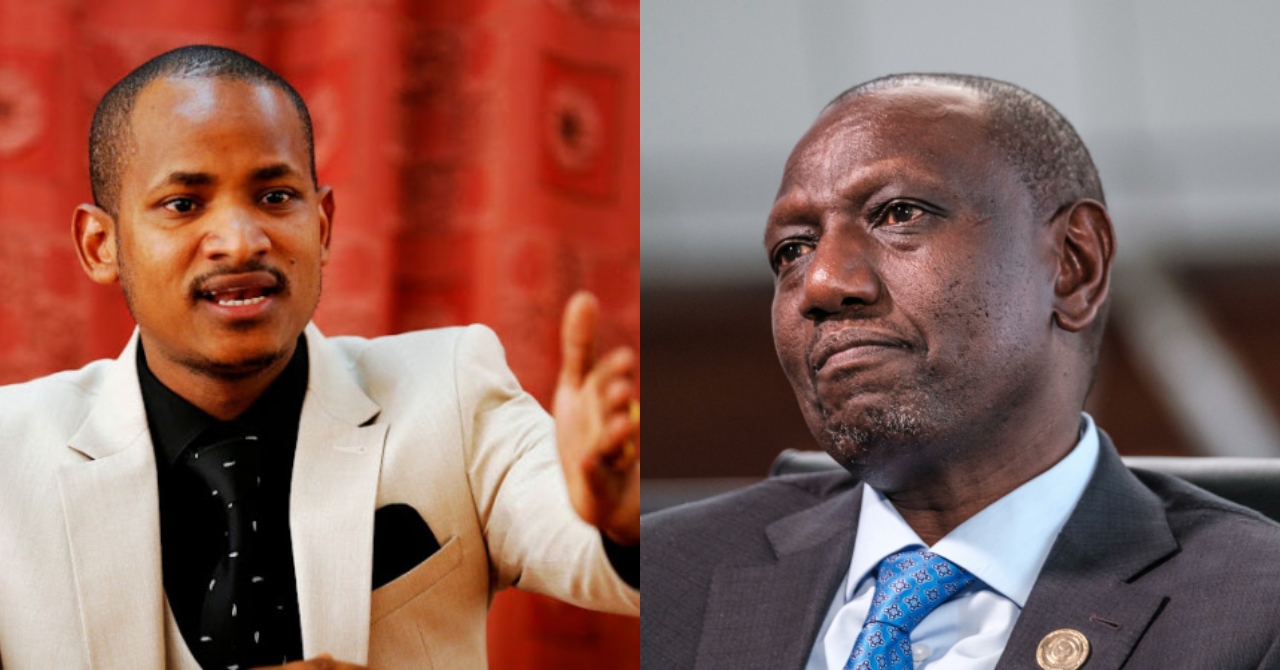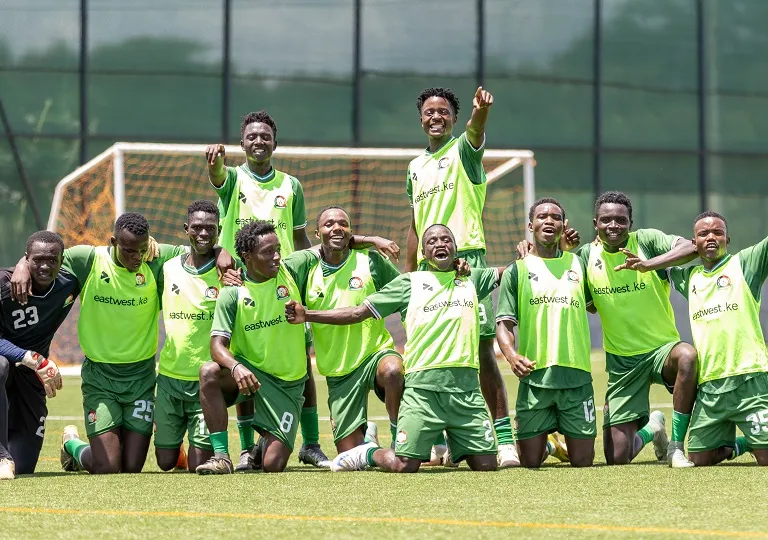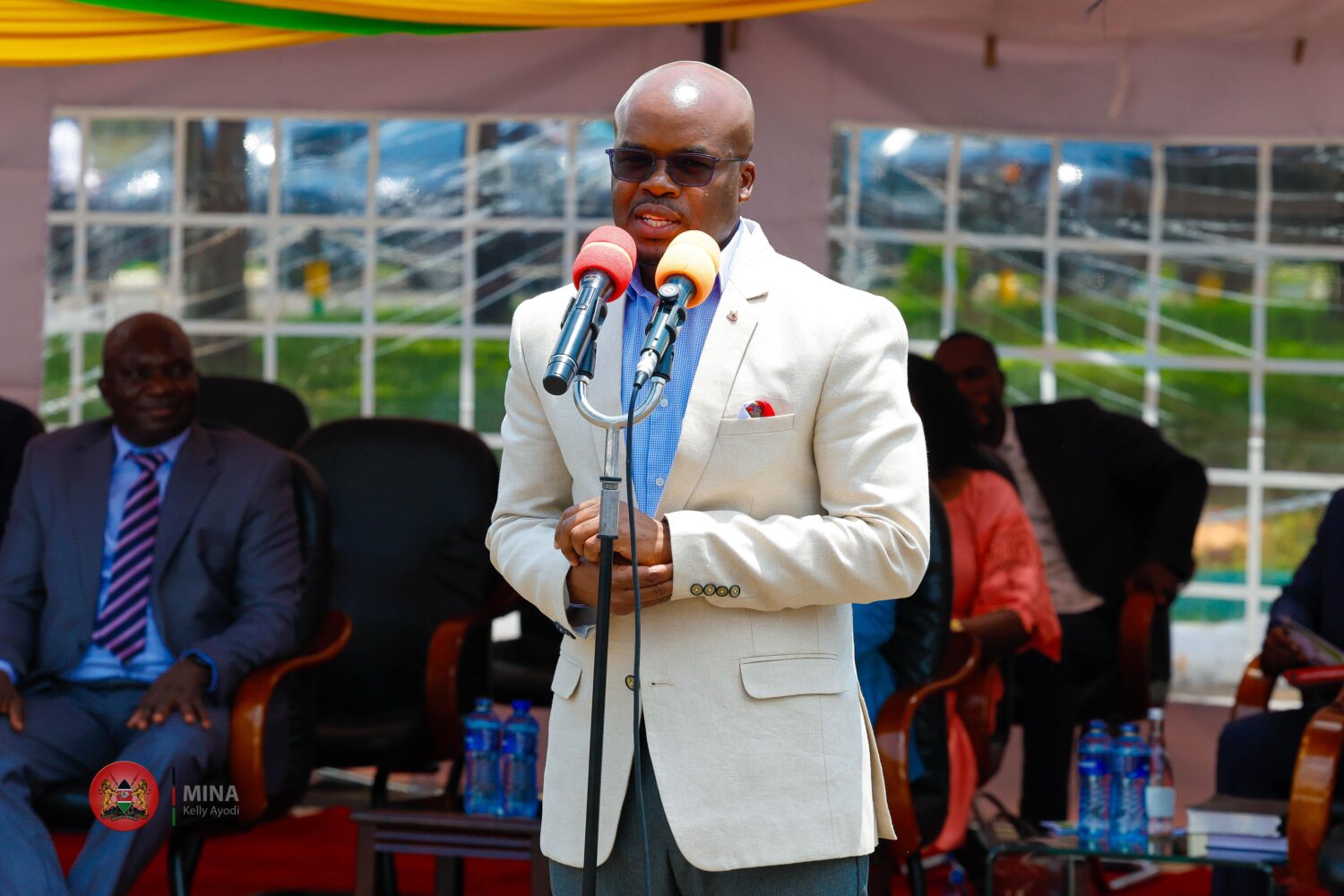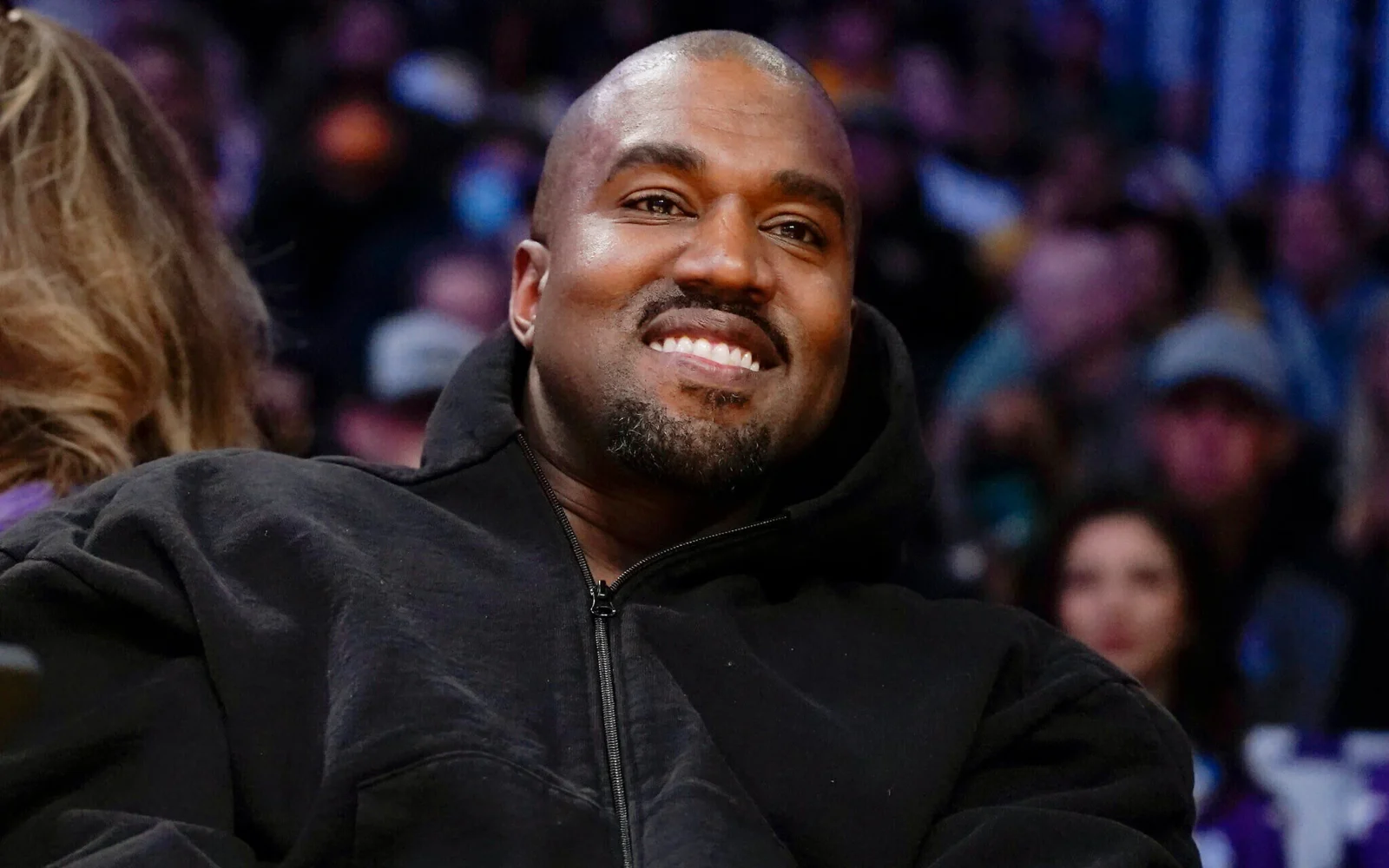Duane “Keffe D” Davis, a former gang leader and one of the last surviving witnesses has been formally charged with murder for his alleged role in orchestrating the drive-by shooting that claimed the life of the iconic rapper Tupac Shakur in Las Vegas in 1996.
Shakur tragically lost his life while leaving a boxing match on the Las Vegas Strip, and his untimely death at the age of 25 has fueled decades of conspiracy theories and a relentless pursuit of justice.

At a recent news conference, law enforcement authorities portrayed Davis as the mastermind behind a plot to avenge an attack on his nephew, Orlando “Baby Lane” Anderson, a long-standing suspect in the killing.
Davis, who has previously placed himself at the scene of the crime, recounted his involvement in the drive-by shooting in a memoir published in 2019.
“For 27 years, the family of Tupac Shakur has been waiting for justice,” declared Las Vegas Metropolitan Police Department Sheriff Kevin McMahill.

Clark County District Attorney Steve Wolfson emphasized saying,”In this case, justice has been delayed, but justice won’t be denied.”
Moreover, Tupac Shakur is a beloved artist known for selling over 75 Million records, met a tragic end just off the Las Vegas Strip on September 7, 1996, as he was en route to an afterparty with Marion Suge Knight, founder of Death Row Records.

Knight, co-founder and then CEO of Death Row Records, visited Shakur while he was serving a prison sentence in New York in 1995 and offered to pay his bond on the condition he would sign on to his label.
Shakur agreed and signed to Death Row Records, joining a roster of artists that included Snoop Dogg and Dr. Dre.
Shakur had earlier attended a Mike Tyson fight at the MGM Grand Hotel, during which he was involved in a physical altercation with Anderson and others, stemming from a previous dispute.

Subsequently, as Shakur and Knight were waiting at a red light in a BMW convoy, a white Cadillac pulled alongside and unleashed eight shots.
2pac, who had been leaning out of the window, flirting with women in a nearby car, was struck four times and passed away less than a week later at the tender age of 25.
The circumstances surrounding Shakur’s death were further compounded by his feud with rival Biggie Smalls, contributing to speculation regarding the role of the east coast-west coast rivalry.

Despite crucial leads, Las Vegas police faced criticism for their handling of the case, and Anderson was erroneously ruled out as a suspect.
Anderson himself was tragically shot and killed in an unrelated incident in 1998.
Tupac Shakur’s legacy as a rapper, poet, and actor remains an enduring and influential part of hip hop history.
ALSO READ: Las Vegas man arrested for shooting rapper Tupac Shakur in 1996
He left behind 11 platinum albums, four of which were released during his five-year career, with seven others posthumously released.
His music was a powerful platform for addressing societal issues, often delving into subjects such as racial inequality, poverty, and gang violence.
His artistic contributions extended to the silver screen, as he appeared in films like “Poetic Justice” and “Above the Rim.”

Shakur’s profound impact on the music industry and society at large continues to be felt, and his murder has remained one of the most enduring unsolved mysteries in the world of entertainment.











